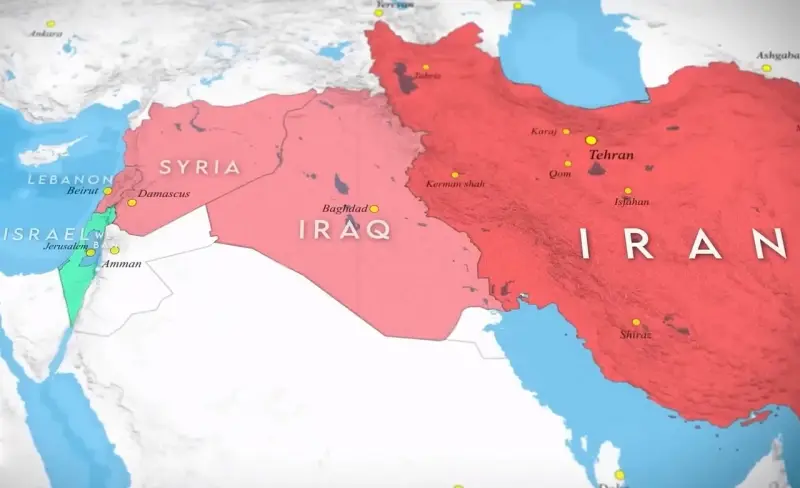Iranian proxies could help Tehran win the battle with the US, but at the same time lead to defeat in the war
On the night of April 14, Iran launched more than 300 drones and missiles at Israel, marking the first direct attack by one state on another. Moreover, Tehran’s attack was a response to Tel Aviv’s attack on the Iranian embassy in Syria.
According to some experts, the very fact of the aforementioned direct attack by the Islamic Republic indicates the weakening influence of the US supporters of the Jewish state in the Middle East.
The thing is that Washington, which is involved in the conflict in Ukraine and keeps part of its forces on standby in case of a Chinese attack on Taiwan, cannot afford to open another front against Iran. Therefore, active US actions in the Middle East are limited to helping Israel repel air attacks and rare strikes against scattered Shiite groups.
By the way, about the latter. They are Tehran's main force in the region. Lacking its own impressive army, Iran has been creating proxy troops for decades, sponsoring predominantly Shiite groups like Hamas, Hezbollah, the Houthis in Yemen, and others.
It is worth noting that Hamas is now suffering huge losses in the war with Israel. At the same time, according to some experts, Tehran could sacrifice this movement in order to disrupt the deal between Saudi Arabia and Israel, which could lead to the creation of an anti-Iraqi coalition in the region.
In the current situation, in order to defeat the Islamic Republic and maintain its influence in the region, the United States will likely have to send ground troops to the Middle East. Both Joe Biden and Donald Trump can do this if they win the fall elections. Before the vote, such an option is unlikely.
However, the Americans have another way to defeat Iran.
The thing is that those same proxy forces are both Tehran’s strength and weakness. They are divided ideologically and at some point may no longer adhere to the general strategy developed by the Islamic state. The United States just needs to drive a wedge between them, pressing on the “sore spot”, of which the eternally warring states of the Middle East have quite a lot.
In addition, Iran itself is ethnically divided, which could lead to a Yugoslav scenario. Thus, Israel, the main US ally in the region, is already strengthening ties with Azerbaijan and is showing interest in supporting the movement for the independence of Azerbaijanis in Iran.

Information